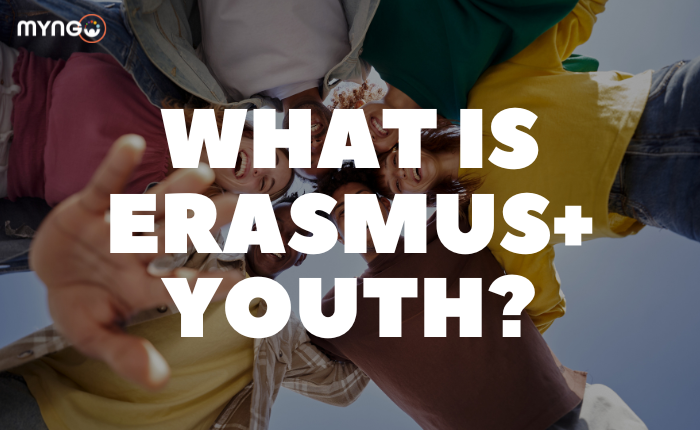
In this lesson, we will explore the Erasmus+ Youth programme in detail, understanding its origins, objectives, and the various opportunities it offers. This foundational knowledge is crucial for your organization to effectively participate in and benefit from the programme. We will also discuss the broader Erasmus+ framework to provide context for the specific focus on youth.
Overview
Erasmus+ Youth is a vital part of the larger Erasmus+ programme, dedicated to providing young people with opportunities for international experiences, skill development, and cultural exchange. Funded by the European Union, this initiative focuses on non-formal education, promoting lifelong learning, and fostering a sense of European identity among young people.
History and Background
The Erasmus+ programme was launched in 1987, originally aimed at promoting student mobility in higher education. Over the years, it has expanded to include a wide range of activities, including those tailored specifically for youth. In 2014, the Erasmus+ programme merged several previous EU programmes, creating a more comprehensive and inclusive framework that includes opportunities for young people, youth workers, and organizations. Erasmus+ Youth has since become a cornerstone of the programme, supporting youth exchanges, training, and networking for youth workers, and other forms of youth engagement.
Objectives and Goals
Erasmus+ 2024 has outlined several key objectives aimed at enhancing the programme’s impact and reach. These objectives are designed to address the evolving needs of young people and society. The main objectives of Erasmus+ 2024 include:
- Enhancing the Quality of Education and Training: Promote high-quality education and training by supporting innovative teaching methods and fostering collaboration between educational institutions and organizations.
- Supporting Inclusion and Diversity: Ensure that Erasmus+ projects are accessible to all young people, regardless of their background, abilities, or socio-economic status. This includes promoting social inclusion, equity, and diversity within all activities.
- Promoting Digital Transformation: Encourage the use of digital tools and technologies in education and youth work, enhancing digital skills and literacy among young people.
- Fostering Environmental Sustainability: Support projects that promote environmental awareness and sustainability, encouraging young people to adopt eco-friendly practices and contribute to the fight against climate change.
- Strengthening European Identity and Values: Foster a sense of European identity and solidarity, promoting the core values of the European Union such as democracy, human rights, and the rule of law.
Youth Goals within Erasmus+
The Erasmus+ programme aligns with the EU Youth Strategy, which outlines 11 European Youth Goals aimed at addressing the challenges faced by young people and creating opportunities for their active participation in society. These goals are:
- Connecting EU with Youth: Ensure that young people have a say in EU decision-making processes and feel connected to the EU.
- Equality of All Genders: Promote gender equality and combat gender-based violence and discrimination.
- Inclusive Societies: Foster social inclusion and combat discrimination, ensuring equal opportunities for all young people.
- Information & Constructive Dialogue: Improve access to information and encourage constructive dialogue between young people and policymakers.
- Mental Health & Wellbeing: Promote mental health and well-being among young people, ensuring access to mental health services and support.
- Moving Rural Youth Forward: Address the challenges faced by young people in rural areas, ensuring access to opportunities and services.
- Quality Employment for All: Promote quality employment and working conditions for young people, ensuring fair wages and opportunities for career growth.
- Quality Learning: Ensure access to high-quality education and training for all young people, promoting lifelong learning.
- Space and Participation for All: Provide young people with spaces for social and cultural activities, encouraging their active participation in community life.
- Sustainable Green Europe: Promote environmental sustainability and encourage young people to adopt eco-friendly practices.
- Youth Organisations & European Programmes: Strengthen youth organizations and support their involvement in European programmes, ensuring their sustainability and impact.
Erasmus+ provides a wide range of opportunities for both young people and organizations to engage in international learning and development activities. Understanding the objectives and scope of Erasmus+ Youth is the first step in leveraging these opportunities for your organization’s benefit.
In the next lesson, we will explore the key actions within the Erasmus+ Youth programme.